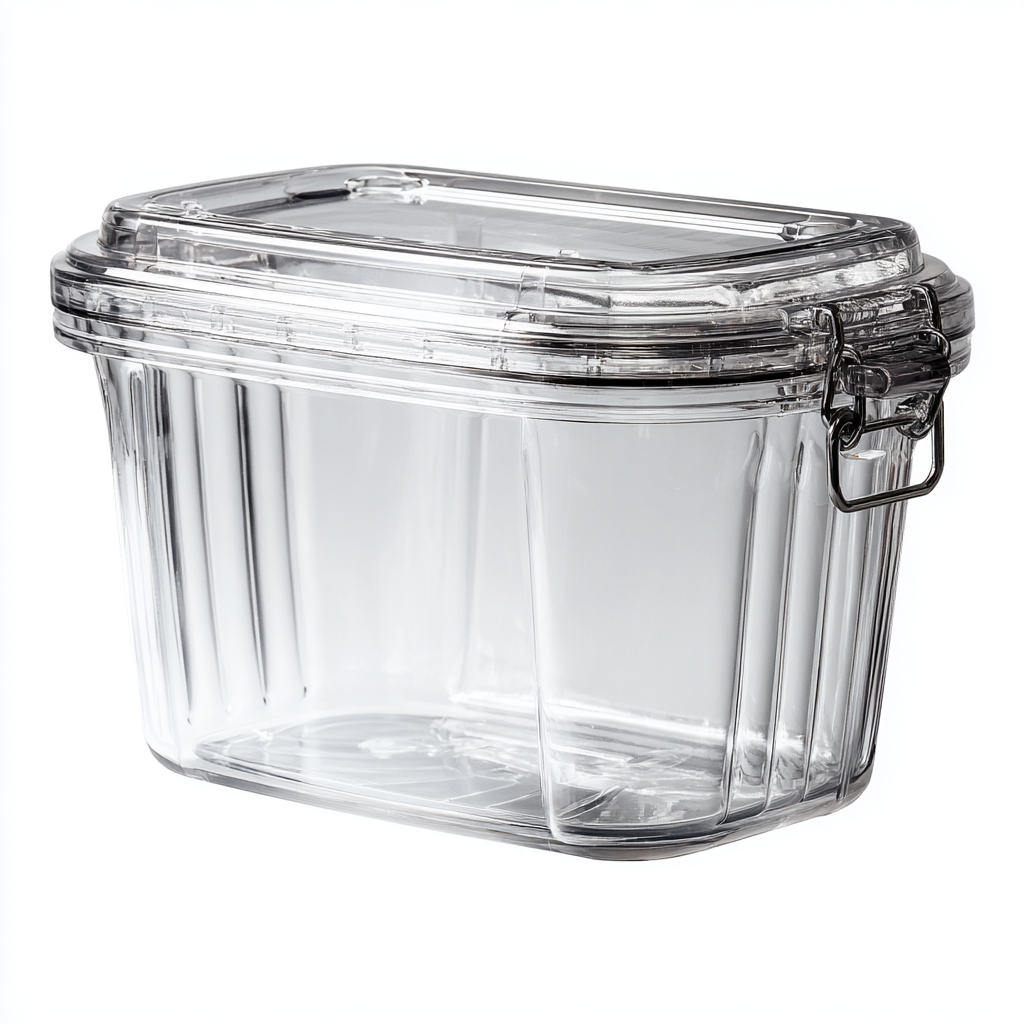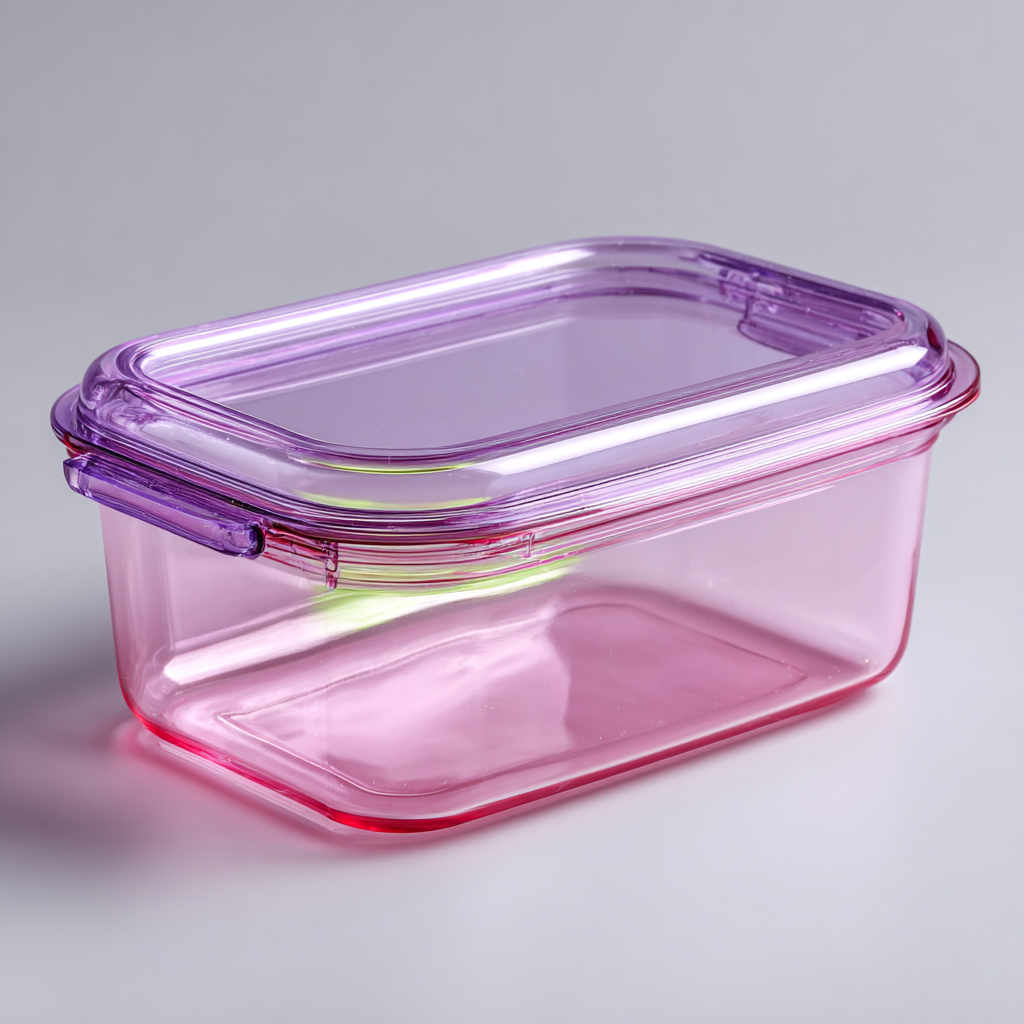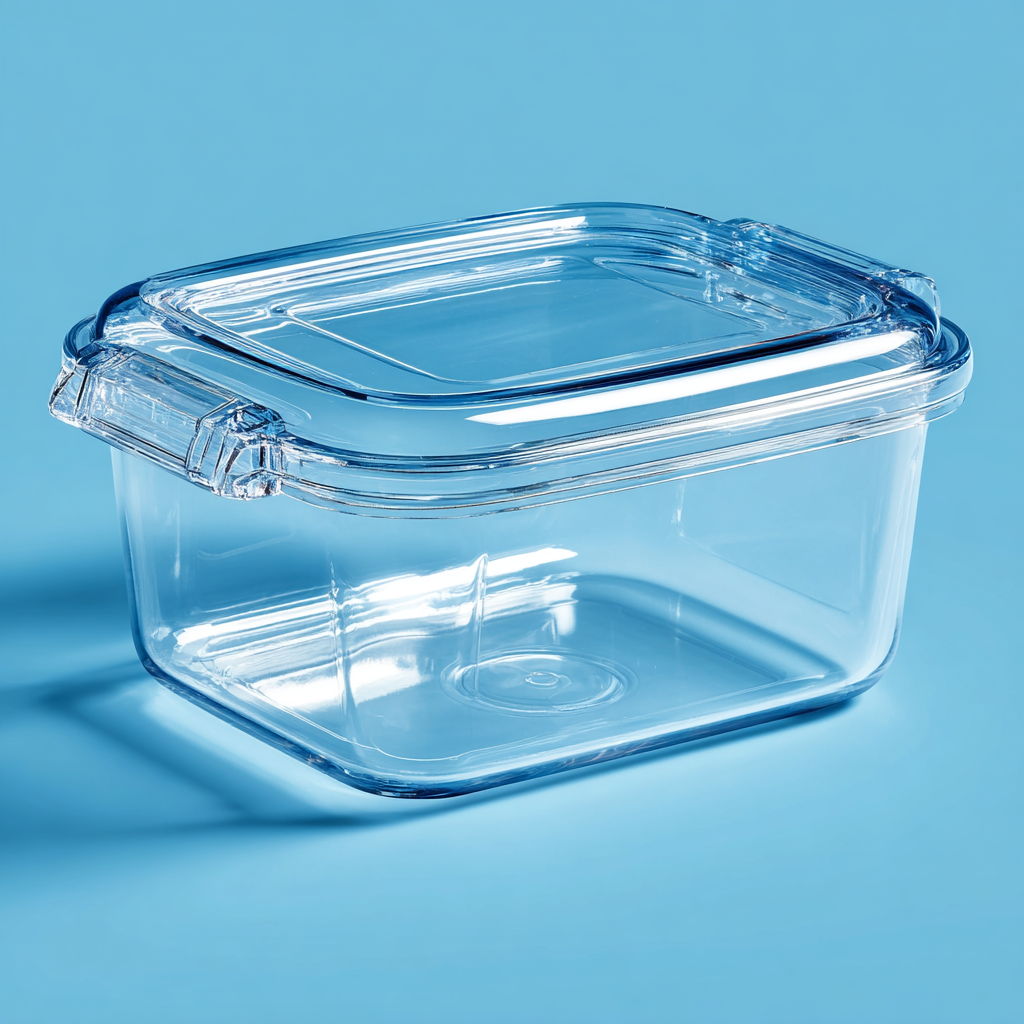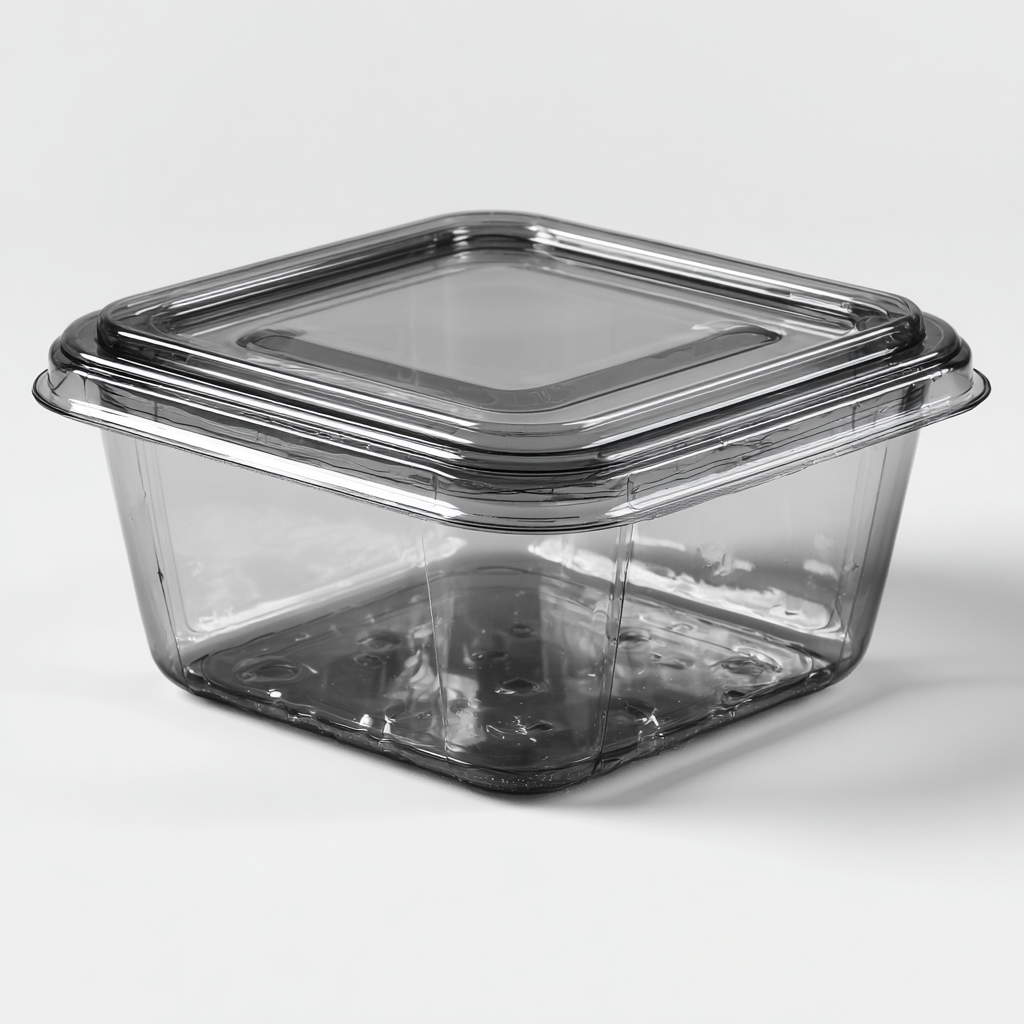Texin — Injection Molded Plastic Container: Durable, Precise, Ready for Market
Texin is committed to providing customers with quality products and services
Classification:
Plastic Container
Key words:
Get Quote
Injection molded plastic container is the industry standard when you need repeatable precision, attractive appearance and cost‑effective volume production. At Texin we design and manufacture injection molded plastic containers for food, cosmetics, gifts, electronics and industrial use. These containers demand high standards in material selection, mold design, surface finish and quality control — and Texin’s team is set up to meet them.

Why injection molded plastic containers require high standards
- Material choice drives performance: impact, transparency, heat resistance, chemical resistance and wear all depend on the polymer (for example, PC for high impact and heat resistance; PMMA for highest transparency; PP for living‑hinge flexibility; POM/POM for wear resistance).
- Mold and process precision control dimensions and fit: correct gate placement, balanced flow and proper cooling are necessary to avoid warpage, sink marks or short shots.
- Surface and decoration must match brand expectations: high gloss, textured, silk‑screen or plated finishes require tight process control and secondary processing capability.
- Regulatory and application constraints (food contact, cosmetics, medical) require traceable materials and test reports.
Texin strengths (what we offer)
- Wide material knowledge and options: from commodity resins (PP, PE, PS) to engineering plastics (ABS, PC, PA, POM, PBT, PET) and TPE for soft touch — we select the right resin for the part’s function and appearance.
- Design for manufacturability: moldability reviews, wall‑thickness guidance and feed/venting recommendations that reduce risk and cost.
- High‑quality tooling and finishing: multi‑cavity and hot‑runner tooling, polished cavities for transparency, texture tools for matte finishes and support for common decoration methods.
- Quality control and traceability: process control, inspection and material traceability to support reliable production runs.
- Sustainable options: we support recyclable designs and can work with biodegradable or compostable resin grades when appropriate for product use and certification.

Common buyer/producer questions — concise answers
Q1 — Which materials can I choose for an injection molded plastic container?
A: Typical choices and why you’d pick them:
- PP (polypropylene): lightweight, chemical resistant, good for living hinges and food containers.
- PE (LDPE/HDPE/LLDPE): flexible to stiff options for flexible seals or rigid containers.
- PS (GPPS/HIPS): clear GPPS for low‑cost transparency; HIPS for impact resistance.
- ABS: good surface finish and toughness for decorative housings.
- PC (polycarbonate): high transparency + toughness + heat resistance.
- PA (Nylon), POM: engineering properties — wear resistance, strength for functional parts.
- PMMA: best optical clarity for display lids but scratch‑sensitive.
- TPE/TPO: for soft‑touch components or over‑molding.
These options come from standard polymer characteristics; we’ll match resin to your product needs (appearance, heat, impact, food contact).
Q2 — Are injection molded containers safe for food or cosmetics?
A: They can be. You need food‑contact grade resins and test reports (FDA/EU food contact, migration tests). Texin can mold using food‑grade materials and provide material certificates (COA) and assist with migration or heavy‑metal testing when required.
Q3 — Can you make fully transparent containers?
A: Yes. Use PMMA or PC or clear grades of PET. Note: PMMA gives superior clarity but is softer and scratches more easily; PC provides impact and heat resistance with good clarity. Surface polishing and cavity finish are crucial to avoid haze.
Q4 — Can the container be biodegradable or compostable?
A: Biodegradable options (e.g., PLA or certain PBAT blends) exist, but they have tradeoffs — lower heat resistance and different processing needs. Texin can advise on biodegradable resin suitability for your use case and help meet labeling/certification requirements.
Q5 — Can you make living hinges, snap closures or magnetic closures?
A: Living hinges are best done in PP with uniform thin wall design. Snap locks and magnetic inserts are standard features — we design proper draft, wall thickness and insert options. Multi‑component needs (2K overmolding) are supported where required.
Q6 — What tolerances and precision can you achieve?
A: Typical general tolerances for injection molded containers are around ±0.1 mm; precision parts can reach ±0.05 mm with proper mold design and process control. Final tolerances depend on material, wall thickness and part geometry.
Q7 — What common defects should I expect and how are they solved?
A: Common issues and quick remedies:
- Warpage/warp: improve gate design, balance fill, increase holding/packing pressure, adjust cooling.
- Sink marks: thicken or uniformize wall thickness, increase packing.
- Short shot: raise melt/holding pressure, improve venting or gate size.
- Burn marks: reduce injection speed/temperature or add venting.
These root causes link back to the three core process controls: temperature, pressure and time.
Q8 — What surface finishes and decorations are possible?
A: Molded textures (matte, leather), polished cavities for gloss, silk‑screen printing, hot stamping, spray coating, vacuum plating and laser marking. For food/tea boxes, low‑odor, compliant coatings and simple durable finishes (matte or gloss without loose particles) are recommended.
Q9 — Typical development and lead times? MOQ?
A: Injection molding is efficient for medium to large volumes. Typical mold development (example range) is several weeks for tooling plus test runs; sample and mass‑production lead times vary by quantity and tooling complexity. Texin provides clear lead‑time estimates per project and MOQ guidance per part and tooling choice.

Summary:
An Injection molded plastic container blends design, material science and precise mold engineering. Texin combines material expertise (from PP and PE to PC, PMMA and engineering resins), careful DFM, high‑quality tooling and compliant production practices to deliver containers that meet demanding appearance, functional and regulatory requirements. If you need a robust, attractive and manufacturable injection molded plastic container for food, gift, cosmetic or industrial applications, Texin can evaluate your design, recommend optimal materials and processes, and deliver production‑ready parts.
Contact Texin for a moldability review or a quote — we’ll translate your design goals into a manufacturable, cost‑effective injection molded plastic container.

● Many years of mold design, development and manufacturing experience
● Pursue excellence and cast high quality
● High quality, high efficiency and high precision
● Take the initiative to provide timely, fast and dynamic customer service








A simple 3-step process for quickly obtaining a commercial offer
Step 1: Leave your details and our technical specialists will contact you within 24 hours.
Step 2: Confirm the materials for the production process and technical specifications.
Step 3: Get the commercial offer and the lead time.

